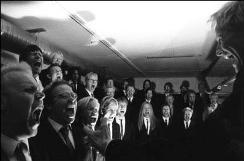 The drumming which starts the show was recorded when the Ghanaian drummers of African Footprint visited Grenaa earlier this year and they are to put you in the mood for learning an African language; the Yoruba language to be precise which is taught by Kole Ade-Odutola in Florida as part of the language fulfilment part of American university courses. We also hear from Minhaaj Ur Rehman who, if you remember from Show 96 has just arrived in Sweden from Pakistan to do an MBA. He talks about how environmentally aware the Swedes seem to be; this is good when talking about wise use of resources but maybe less so when talking about avoidance of conflict.
The drumming which starts the show was recorded when the Ghanaian drummers of African Footprint visited Grenaa earlier this year and they are to put you in the mood for learning an African language; the Yoruba language to be precise which is taught by Kole Ade-Odutola in Florida as part of the language fulfilment part of American university courses. We also hear from Minhaaj Ur Rehman who, if you remember from Show 96 has just arrived in Sweden from Pakistan to do an MBA. He talks about how environmentally aware the Swedes seem to be; this is good when talking about wise use of resources but maybe less so when talking about avoidance of conflict.
absolutely secure
Kole who comes from Nigeria and is a true polymath with many different interests in media, poetry, literature, environmental activism and development which we will explore in later shows. First I was keen to explore more about his teaching of Yoruba in Florida. So be prepared to learn a little Yoruba in this first extract of our conversation. When I was editing the audio file for this piece it occurred to me to look at the pattern of the sound file as Kole was demonstrating the three different ways of saying ogun and the three sound waves do indeed look very different so I chose this as the graphic for this show’s blog entry.We start by finding out what brought him to the US in the first place.
absolutely environmental
At the moment it is almost impossible to find a hotel room in Copenhagen because of the Climate Summit. Scandinavia does have a reputation for being environmentally aware and it was interesting that Minhaaj Ur Rehmen, who has just started a course in Sweden and comes from Pakistan, noticed this specifically. So what was it that caught his attention?
absolutely authentic
Meanwhile back on Florida I wondered how Kole’s students could get opportunities to practice the language. How can you get absolutely authentic in Yoruba? So to find out more about what Yoruba sounds like you could go to www.abeokuta.org where you will find music, drama videos and some basic lessons in the language.
absolutely passionate
If you heard two people talking to each other in loud voices you could assume that they were arguing and not getting on at all but depending on where you are you could be completely wrong! Our final segment is absolutely passionate and features Minhaaj in Sweden again and this time he talks about passion in conversations and where the Swedes score on that level!
The next show will be coming to you on 25 December from Dr. Laurent Borgmann in Australia.
So long…stay tuned!
The host of this show is: Anne Fox
Editor: Dino Nogarole

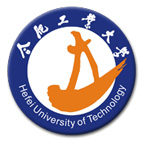

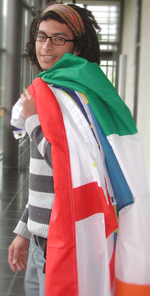
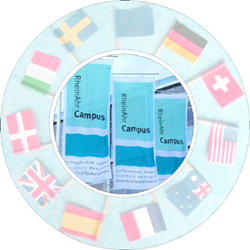
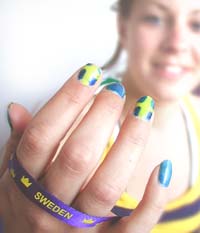
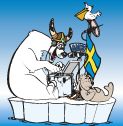 After a little round of feedback the German station continues its discussion about the metaphor of culture as the software of the mind, and this time they focus on updates.
After a little round of feedback the German station continues its discussion about the metaphor of culture as the software of the mind, and this time they focus on updates.